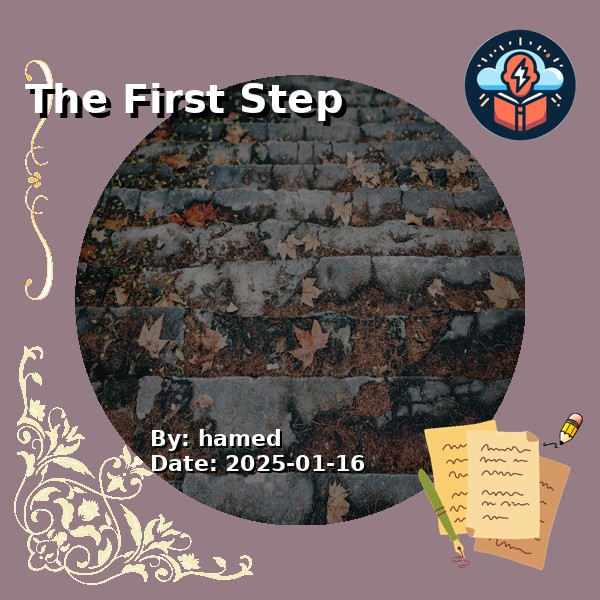It was quiet in the barracks, the hum of the ceiling fan barely cutting through the thick Gulf air. Amir sat on his bunk, fingers tracing the edge of his rifle. The weight of it in his hands felt unnatural, as if the metal and wood were meant for someone else. Someone more prepared, someone older. But here he was, just nineteen, still wearing the smell of his mother’s cooking in his uniform, still haunted by the taste of the salt in the Persian Gulf breeze as he had arrived. Now, all he could taste was the tension.
The year was 1991, and war was no longer a distant echo. It was real. It was waiting, just over the horizon. The Persian Gulf War. He had heard the name in passing, in the streets of Tehran, in the newsrooms of his hometown. But now it was his name being called, his boots lacing up, his hand gripping the rifle, his heart pounding in his chest.
He had volunteered—at least, that’s what he told himself. The alternative had been to face the disapproving eyes of his family, the stares of neighbors who’d say he wasn’t man enough to serve. In the weeks leading up to the deployment, his parents had said little, only the occasional whisper, a quick prayer before bed. His mother had pressed a letter into his hands, one she’d written in silence and tears, and his father had simply nodded, as if sending him off was a duty greater than fatherhood.
Amir wasn’t sure what he was afraid of most. The idea of dying? No, not yet. He had so many dreams still, moments he hadn’t lived yet. He thought about his younger sister, Lila, waiting for him back home, her hopeful eyes looking to him for guidance, for strength. He thought about the women he’d never meet, the future he might never have. But that wasn’t his fear. His fear was the waiting.
The war had already started. The tanks had rolled in, and the bombs had begun to fall. For weeks, the air had been thick with reports of airstrikes, and all he had heard was the call to action. But what he hadn’t been prepared for, what no one could have warned him about, was the quiet inside the barracks—the hollow quiet before the storm. The last moments when you were still yourself, still part of the world that had been.
In the corner, a fellow soldier named Farhad fidgeted with his gear, trying to avoid Amir’s eyes. Farhad had been quiet too, the type who wouldn’t say much even when spoken to. They’d been assigned to the same platoon, but they hadn’t talked much. Amir wondered what Farhad was thinking. His expression was grim, but then again, wasn’t everyone’s? War had a way of doing that—draining you of everything that wasn’t fear, duty, and survival. It didn’t leave much for anything else.
Amir wiped the sweat off his forehead, leaning back against the thin mattress. The roar of an engine sounded outside the barracks, a distant rumble, but it was enough to send a sharp spike of adrenaline down his spine. He couldn’t stop the trembling in his hands. His mind raced with what-if’s, with the stories of battles he had read in history books, of soldiers who had fought and died, their names forgotten like dust in the wind. Would he be one of them? Would he even have the chance to be remembered?
A voice echoed from the door, and the sergeant appeared in the doorway, his silhouette blocking the light. “Amir. Get ready.”
The words were simple, direct, and final. The war was no longer a distant thing. It was now.
He stood up slowly, his legs stiff from sitting too long. The rifle was heavier now, as if the weight of the world had suddenly been added to it. He looked around the barracks, at his comrades, at the faces that reflected the same fear, the same doubt. He didn’t know what lay ahead. He didn’t know if he would live or die. But in this moment, standing on the brink of it all, Amir understood one thing—he was about to become part of history. Whether he wanted to or not, he was stepping into the pages of a story that would be written in blood.
And as the doors swung open and the air hit him, sharp and hot, Amir took that first step, knowing it might be his last.
